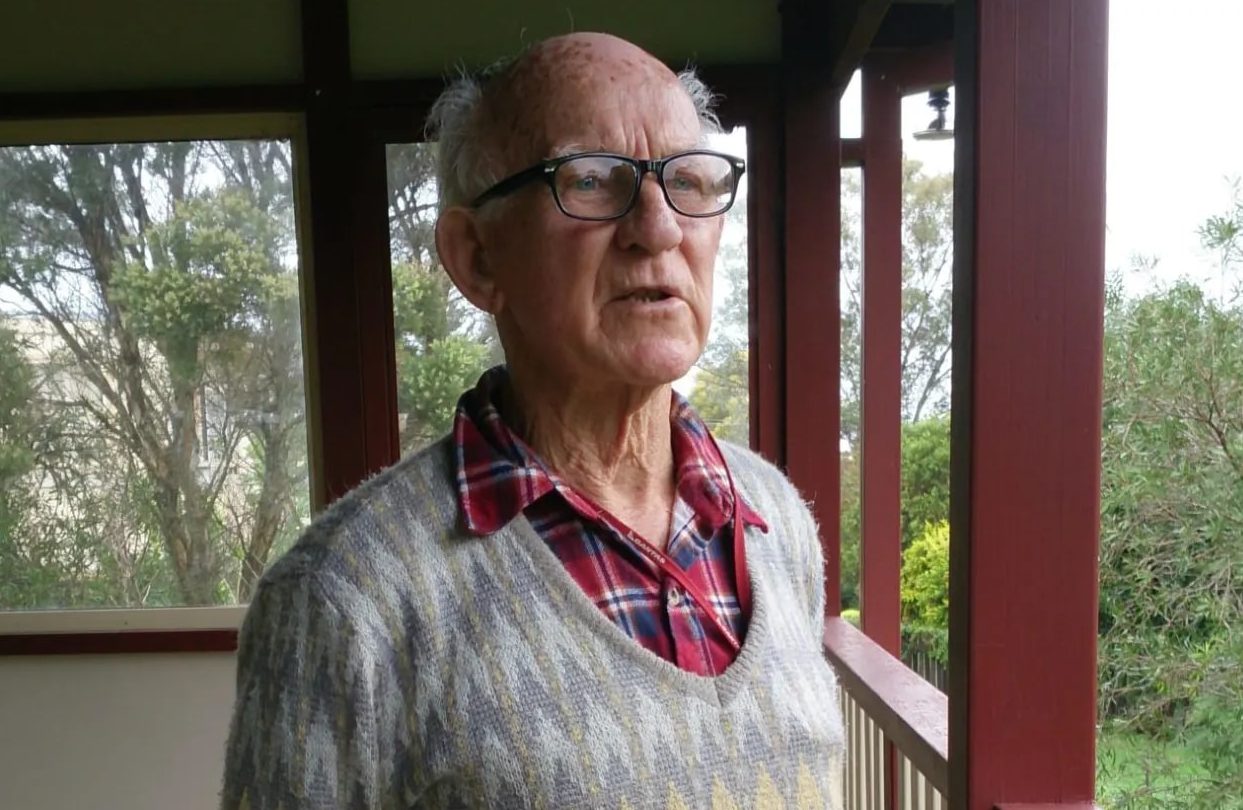
“One of the attractions of public offices is that appointees should serve their term and then depart. This approach ensures that the leadership is being ‘refreshed’,” writes legal columnist HUGH SELBY.
“FOLLOW the money” is good advice for investigators chasing drug traffickers and shady land deals.

It’s also useful to look at how our governments use “public office” jobs, how many there are and whether there should be some improvements to the openness and accountability of these appointments.
The Australian Government Organisations Register classifies all the various bodies to which people may be appointed for the Commonwealth. Some are well known, such as NBN Co Ltd, but others not so well, such as the National Measurement Institute.
The Remuneration Tribunal publishes “determinations”, which set out the details of salary and benefits to be paid to holders of public office.
An example is the 2022 “Remuneration and Allowances for Holders of Full-Time Public Office”. This contains a long list of offices, from highest to lowest paid.
Accepting that there will be a good explanation for these salaries, both as to dollar amounts and the differentials between the work value associated with one job and another, it is fascinating that the solicitor-general gets $800,000, the spook chiefs get $685,000, but the chiefs of each of Navy, Army and Airforce get $600,000.
The head of the new National Anti-Corruption Commission will get $730,000, but the Commonwealth DPP gets $570,000.
States and territories also have “public offices”. Examples are Director of Public Prosecutions, Ombudsman, Crime and Integrity Commissioners, and Trade Commissioners.
These offices are not covered by the Public Service Act or its equivalent.
Typically, the statute creating the office will specify the length of term, whether it is renewable and that removal may follow proven misbehaviour, mental incapacity or bankruptcy.
Governments and parliaments should be grateful that “transgressors” are likely to fall on their swords. Examples include state DPPs who have resigned following drink driving charges.
Rather than use the parliament’s formal “removal” procedures, governments have found it much easier to pass a short piece of legislation that abolishes the office.
The out-of-work, former office holder has no right to compensation, nor to fair dealing – a matter decided almost a century ago.
Late last year, the Albanese government announced the abolition of the Commonwealth Administrative Appeals Tribunal, a once credible body made a farce by successive jobs-for-our-boys-and-girls by LNP governments.
Other examples – from the ’80s – include the abolition of the NSW Magistrates Court, replaced by the Local Court, with more than a half dozen magistrates not re-appointed; Prime Minister Bob Hawke removing Jim Staples, who was a deputy president of the Australian Conciliation and Arbitration Commission, by creating the Industrial Relations Commission and not appointing Jim to that new body; and my removal by Victorian Premier John Cain, during the Bicentennial year, as the independent Police Complaints Authority in response to Vicpol pressure to get me off their backs.
A quirky aspect of this list is that it is Labor governments that take these actions, removing not only LNP appointees but their own.
One of the attractions of such public offices is that appointees should serve their term and then depart. This approach ensures that the leadership is being “refreshed”.
Recognising that politicians are always looking for taxpayer-funded ways to give tangible, but lawful, rewards and inducements to colleagues and mates, the use of “public office” appointments will always be with us.
However, we can make the process more accountable by having a standing parliamentary committee (this is both at ACT and Commonwealth level) responsible for vetting and reporting upon all such appointments each year.
Where a government has been in power for years – as with the last LNP Commonwealth Government and the Barr ACT government – the various ministers have had many opportunities to appoint and re-appoint their own.
Because the appointments are made by various ministers, and at any time during a year, there seems to be no publicly available list of who is appointed to what office, for what period and whether for a single or repeated term.
The attraction of such a committee approach is that those in opposition will be eagerly looking for opportunities to appoint to this and that office once they are in government. Self-interest will promote active engagement on such a committee, starting with an up-to-date list of all public office positions, contributing to more accountability and transparency.
What we don’t want are repeats of the 2021/2022 Barilaro debacle – who, it would seem, was to get the plum NSW government trade post in New York City?
In that case, a merit-based process had led to a person being offered the job. That offer was rescinded with the intention that former politician Barilaro could take up the post.
The aftermath was not pretty: Barilaro did not go to New York, a departmental head left and a minister lost his portfolio.
I feel a smidgen of pity for Barilaro. Others have not been unmasked. They enjoy the fruits of unchecked, unremarked political largesse.
Hugh Selby is the “CityNews” legal affairs commentator. His free podcasts on “Witness Essentials” and “Advocacy in court: preparation and performance” can be heard on the best known podcast sites.
Who can be trusted?
In a world of spin and confusion, there’s never been a more important time to support independent journalism in Canberra.
If you trust our work online and want to enforce the power of independent voices, I invite you to make a small contribution.
Every dollar of support is invested back into our journalism to help keep citynews.com.au strong and free.
Thank you,
Ian Meikle, editor





Leave a Reply